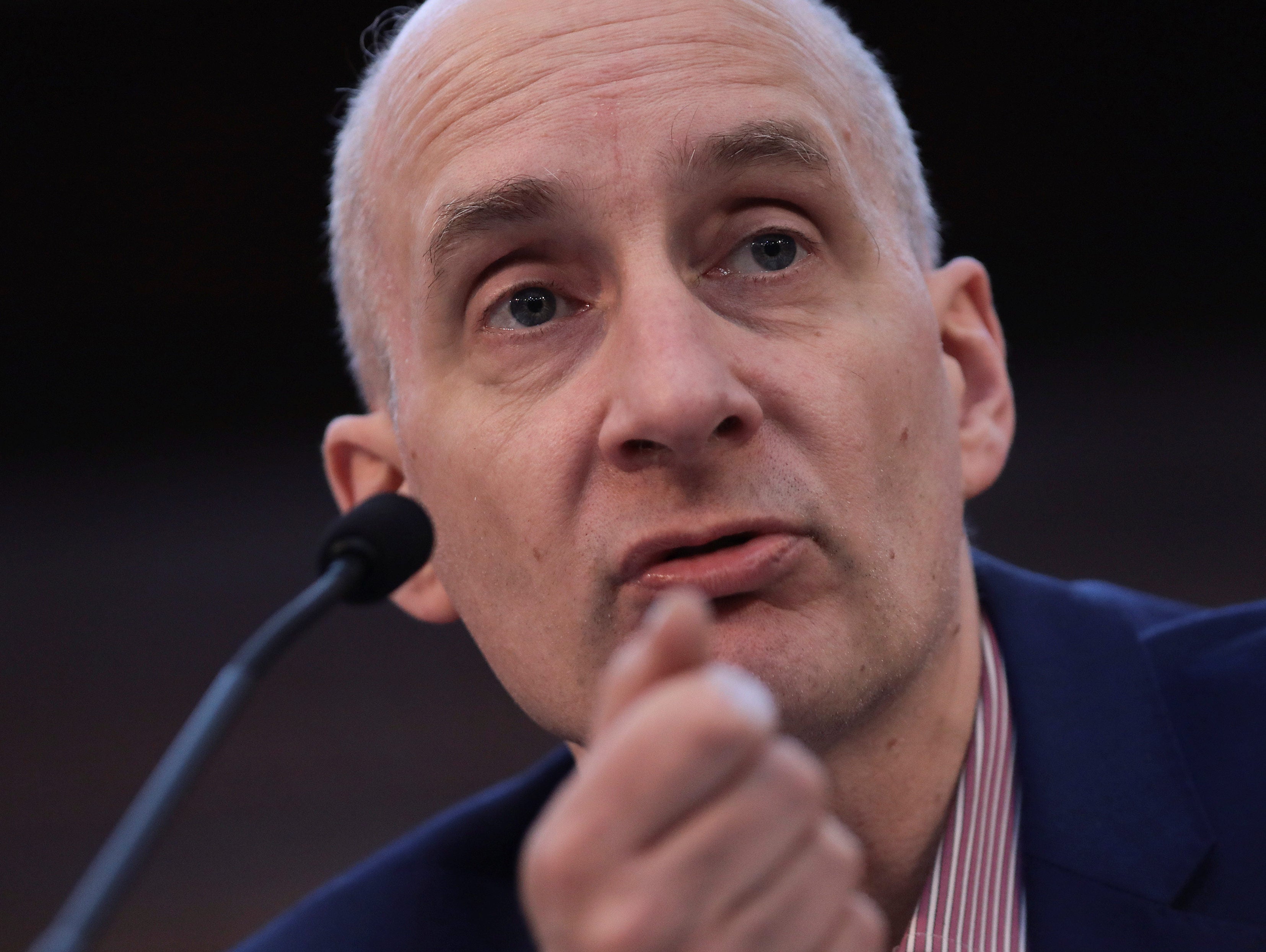
The BBC has said it remains “confident” in its Brexit coverage after receiving a formal complaint from Labour Lord Andrew Adonis.
In a letter sent to director-general Tony Hall yesterday, Adonis urged the BBC to “revise and reissue” its editorial policy
He said the BBC’s coverage had been “fundamentally corrupted” because of its “desire to conciliate the Government and pro-Brexit campaign on the fundamental question of leaving the European Union”.
The corporation had “accepted the Government’s view that the [Brexit] decision is irreversible, when that is not in fact the case either in law or in public debate”, he said.
He claimed the BBC’s stance on Brexit was “in straightforward and serious breach” of the Royal Charter which sets out the BBC’s public purposes.
The BBC has said it is no longer reporting on “the binary choice which faced the electorate in the referendum” but is instead examining ongoing Brexit negotiations “and the impact of Brexit on the UK and the wider world”.
In a statement issued to the New Statesman and the Daily Express last week, the BBC also said: “We reject the suggestion that our coverage of Brexit is biased. We continue to feature a wide range of different voices, including those who are opposed to Brexit.”
In his letter, Adonis pointed out that Parliament has only officially authorised the Government to give notice of an intention to leave the EU.
When Brexit negotiations are complete, likely to be next year, Parliament is expected to have a say on the final deal.
“At that point, Parliament could vote to remain in the European Union or to call a referendum on the issue,” said Adonis.
“The ‘binary choice which faced the electorate in the referendum’ is therefore every bit as important now as it was during the referendum campaign. And it is a dereliction of your public duty to issue editorial guidance to the contrary.
“Your new editorial guidance is already having a clear impact on your reporting.”
A BBC spokesperson told Press Gazette: “We will respond [to Lord Adonis] in due course but we are confident that we have the right approach on our coverage.”
My letter to Lord Hall, BBC director-general, asking him to withdraw BBC’s editorial guidance that it is ‘no longer reporting on the binary choice’ for/against Brexit. Parliament hasn’t yet decided whether we are leaving EU next March & this remains massive issue of public debate pic.twitter.com/MgmznZH7Ht
— Andrew Adonis (@Andrew_Adonis) April 9, 2018
Lord Adonis criticised the BBC’s decision “not to report” the anti-Brexit marches held in Leeds, Edinburgh and Pontypridd on 24 March.
BBC UK news editor Richard Burgess told Radio 4’s Feedback the following week that both pro and anti- views on Brexit have been covered “significantly” across BBC output and that the Leeds march was covered both on regional news programme Look North and online.
Adonis also called attention to the “constant high-profile coverage” given to former Ukip leader Nigel Farage, such as a recent stunt in which he joined fisheries policy protesters by throwing fish into the River Thames.
They were trying to draw attention to the delay in leaving the Common Fisheries Policy as part of the UK’s Brexit transition deal, which they said would have a detrimental effect on the British fishing industry.
Burgess previously defended what he called the BBC’s “marginal” coverage of the stunt, saying it did not feature on the Six or Ten O’Clock News.
Picture: Reuters/Simon Dawson
Email pged@pressgazette.co.uk to point out mistakes, provide story tips or send in a letter for publication on our "Letters Page" blog
